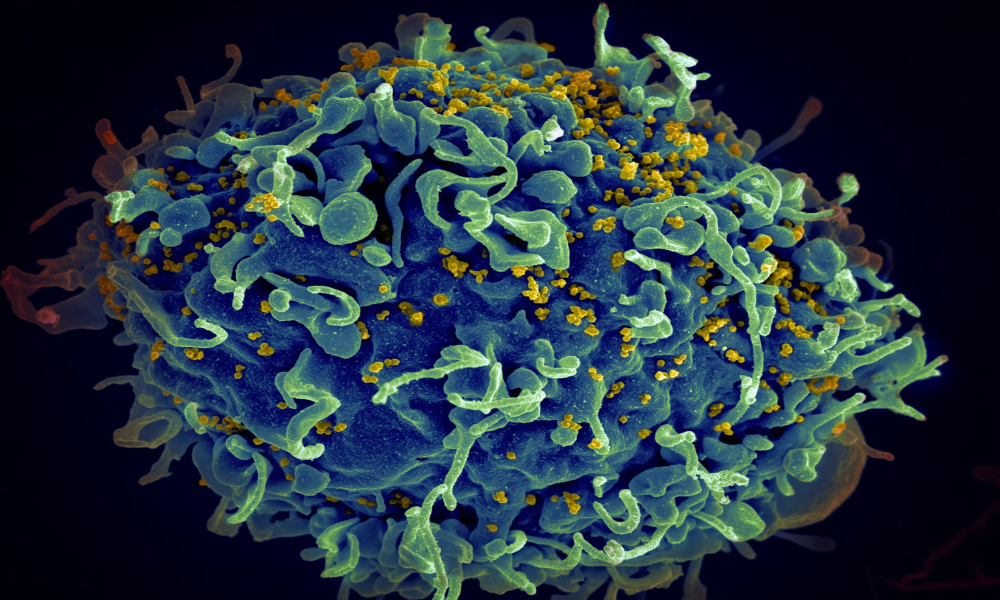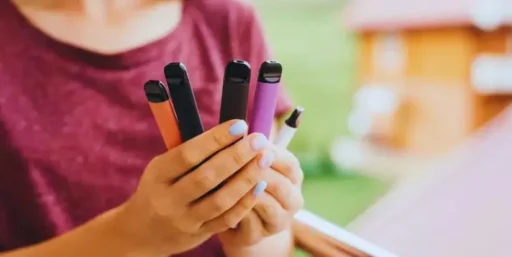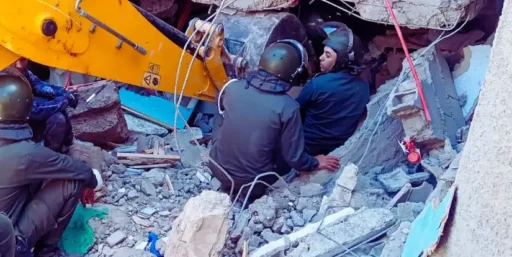Uncovering the Mystery
Federal health officials have issued a stark warning after discovering that at least three women contracted H.I.V. during cosmetic “vampire facial” treatments at an unlicensed spa in Albuquerque. This disturbing revelation marks the first documented instance of H.I.V. transmission through cosmetic injection services. The infections were part of a larger cluster involving five individuals with highly similar H.I.V. strains. Among them, four had undergone platelet-rich plasma microneedling at the spa, while the fifth individual, a man, was connected to one of the infected women through a sexual relationship.
Spa Inspection Reveals Alarming Practices
An inspection of the spa by federal investigators uncovered a litany of concerning practices that posed serious health risks to clients. Among the egregious violations were unlabeled blood tubes strewn across a kitchen counter, improper storage of medical equipment alongside food in a refrigerator, and the discovery of unwrapped syringes in drawers and trash cans. Perhaps most alarming was the apparent reuse of disposable items intended for single use only, a flagrant breach of basic infection control standards. The report from the Centers for Disease Control and Prevention (CDC) paints a disturbing picture of a spa operating with little regard for the health and safety of its clients.
Public Health Response
In response to the outbreak, the New Mexico Department of Health launched an extensive investigation to identify and notify individuals who may have been exposed to the virus. However, efforts were hampered by the spa’s poor record-keeping practices, which made it challenging to trace and contact potentially affected clients. Despite these obstacles, health officials managed to identify 59 at-risk clients and their partners, underscoring the urgency of public health interventions in the face of such crises.
Recommendations for Safety
Health experts emphasize the importance of seeking cosmetic procedures exclusively from licensed providers who adhere to strict infection control protocols. Patients are urged to verify the credentials of their providers and to advocate for transparent practices during treatments. Proper labeling and handling of medical supplies should be non-negotiable standards upheld by all legitimate practitioners. Additionally, individuals who have undergone cosmetic procedures at unlicensed facilities should consider seeking medical advice and getting tested for H.I.V. as a precautionary measure.
Conclusion
The alarming incident highlights the urgent need for enhanced regulatory oversight and enforcement within the cosmetic industry. By prioritizing patient safety and implementing robust infection control measures, licensed providers can help mitigate the risks associated with cosmetic procedures. Public awareness and vigilance are paramount in preventing similar outbreaks and safeguarding the health and well-being of consumers. The revelation of H.I.V. transmission through cosmetic treatments serves as a stark reminder of the potential dangers lurking in unregulated spa environments.











